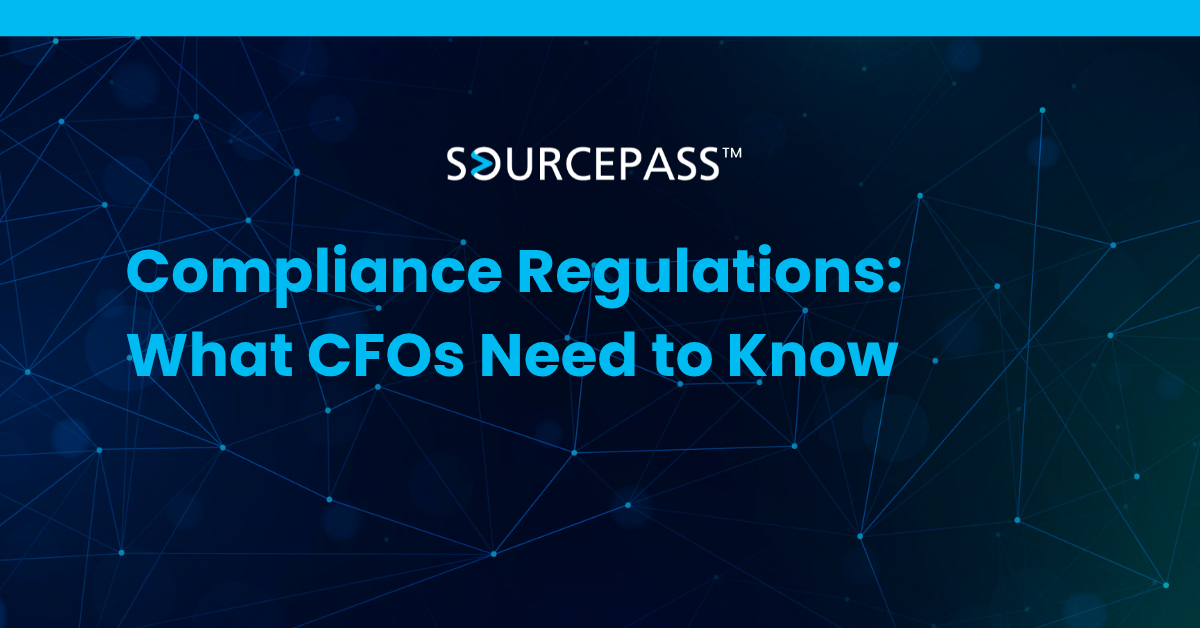Compliance Regulations: What CFOs Need to Know
Oct 14, 2025 Alex Davis Security & Compliance 1 min read



Regulatory compliance is no longer just a legal obligation. It is a financial and operational priority that shapes investor confidence, audit readiness, and enterprise value. For CFOs, navigating compliance means managing not only reporting accuracy but also data security, vendor accountability, and cyber liability.
As regulations evolve across cybersecurity, privacy, and financial reporting, finance leaders must ensure controls are built into operational systems and supported with audit-ready documentation. Compliance missteps bring steep penalties, litigation costs, and reputational harm that can outweigh any initial investment in governance.
The Financial Stakes of Compliance
Noncompliance can lead to fines, contract losses, and material weaknesses that impact financial reporting. Public and private organizations alike face scrutiny from regulators, insurers, and customers. Whether preparing for SOC 2, HIPAA, PCI-DSS, GDPR, or state-level privacy laws, the CFO must evaluate how compliance intersects with cash flow, insurance terms, and stakeholder trust.
Key Compliance Priorities for CFOs
1. Embedding Compliance Into Financial Controls
Compliance is not a standalone program. It must be integrated into accounting systems, vendor contracts, procurement policies, and incident reporting structures. Clear documentation supports smoother audits and due diligence processes.
2. Managing Third-Party Risk
Vendors handling sensitive data or financial systems can create liability. CFOs should ensure service providers maintain certifications and breach notification protocols to protect the organization’s exposure.
3. Data Protection and Reporting Requirements
New regulations increasingly mandate disclosure of cyber incidents and financial impacts. CFOs must align financial statements and risk disclosures with compliance frameworks and insurer expectations.
Compliance as a Strategic Advantage
Organizations with strong compliance frameworks gain leverage in capital markets, acquisitions, and client negotiations. By funding governance early, CFOs avoid reactive spending and reinforce trust with investors, customers, and regulators.
CFOs who view compliance as a financial strategy, not a checklist, strengthen long-term resilience and protect the organization’s balance sheet.
FAQ: Compliance Regulations for CFOs
Why should CFOs lead compliance efforts?
Compliance affects financial reporting, risk exposure, and audit readiness, making CFO oversight essential for governance and credibility.
How does noncompliance impact valuation?
Regulatory penalties, lawsuits, and audit failures can reduce earnings, harm investor confidence, and lower enterprise value.
Do compliance requirements affect cyber insurance?
Yes. Insurers may deny claims if compliance controls are inadequate or required standards are not met.
How can CFOs prepare for new regulations?
By partnering with IT and legal teams, conducting risk assessments, and investing in systems that automate reporting and documentation.
Subscribe To
Sourcepass Insights
Sourcepass Insights
Stay in the loop and never miss out on the latest updates by subscribing to our newsletter today!


